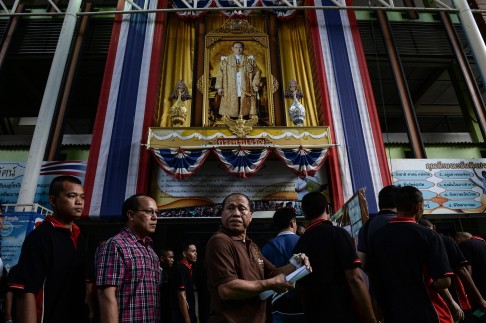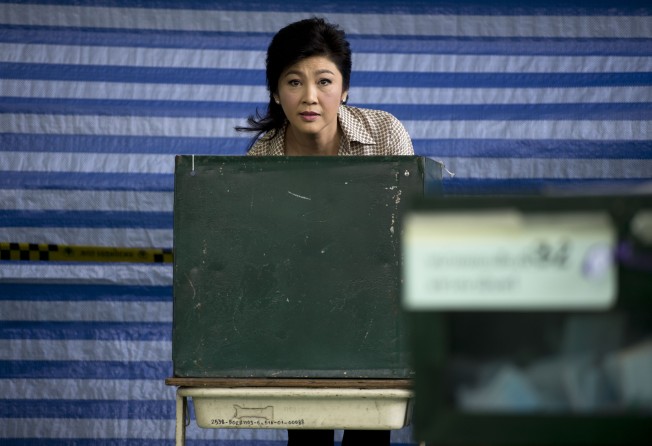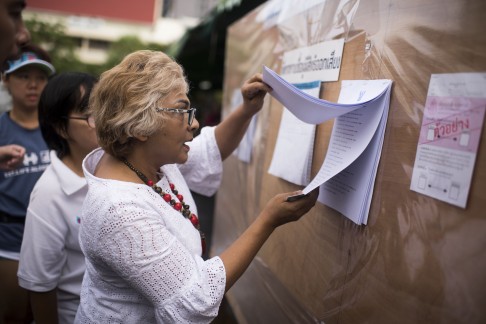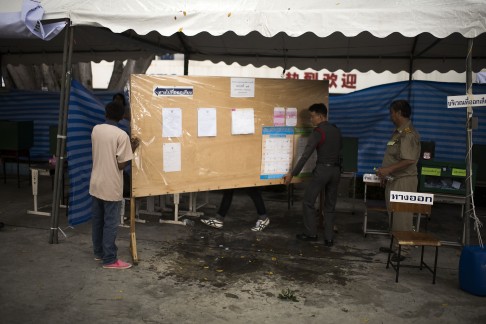
Will military's tighter grip give Thai economy a boost?
Democracy may have suffered from referendum result, but investors may welcome a greater level of clarity

Democracy may be a casualty of Thailand's newly approved constitution, but the referendum's result may boost the country's struggling economy.
Voters accepted the military-backed constitution in Sunday's referendum, with 61.4 per cent in favour with 94 per cent of the votes counted, Reuters reported.
Aim Sinpeng, a lecturer in comparative politics at the University of Sydney, told CNBC's The Rundown that "the very foundation of the political system will be undermined by a number of undemocratic clauses" in the constitution.
"It's very clear from the beginning that this constitutional draft was to provide the unelected elite, particularly the military, a permanent hold on power on Thailand," Aim said.
But she added, "The investor is actually going to look at this more favourably."
"Given the mandate that's given to the military, it would at least buy Thailand some time for the government to come up with an actual economic plan for the country," Aim said. "That time would be stable and less challenged compared to the previous two years of military junta, where it started to look really rocky."
The country's economy has stumbled amid a lack of external demand for its exports given the sluggish global backdrop, while the political uncertainty within the country had slowed investments and discouraged tourism, a key sector for the country.
On Monday, the Bank of Thailand said it this year's gross domestic product (GDP) was expected to growth 3.1 percent, Reuters reported.
Others also expected the new constitution would reassure investors.
"You might not be too happy about the democratic process," Song Seng Wun, a regional economist at CIMB, told CNBC's The Rundown.
But he added, "Investors will probably prefer the outcome on that clarity if the military is running the place. From the standpoint of building up the economy, there is that clarity."
A military junta has ruled Thailand since May 2014, when the country witnessed its twelfth successful military coup since it became a constitutional monarchy in 1932. Army chief Prayuth Chan-ocha was installed as Prime Minister, toppling the elected but controversial government of Yingluck Shinawatra and abolishing the existing constitution.
At the time, Prayuth called the coup a peacekeeping effort aimed at ending months of political unrest. He has said that democracy can only be restored once there is political stability, adding that the country would hold general elections once a new constitution was in place.
In the new constitution, the military will be able to appoint senators to the Senate and install a non-member of parliament as Prime Minister.
Some didn't expect the referendum would have much effect on the economy or investor sentiment.
"The expectation is that the military government remains in place until well after the succession. The market wasn't really looking at this referendum as a significant event," said Adrian Mowat, chief Asian and emerging market equity strategist at JPMorgan.
"The government wasn't going to change. Policy wasn't going to change regardless of the outcome of the referendum," he told CNBC's Squawk Box.
— Nyshka Chandran contributed to this article.
— By CNBC.Com's Leslie Shaffer; Follow her on Twitter @LeslieShaffer1

